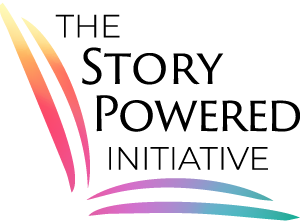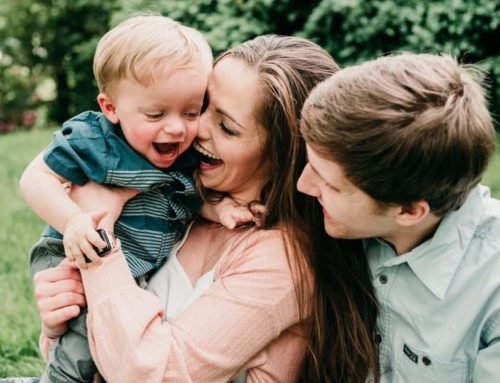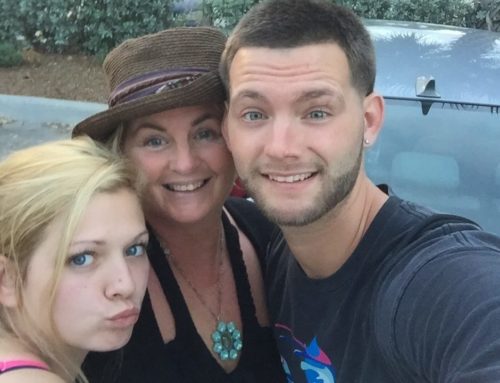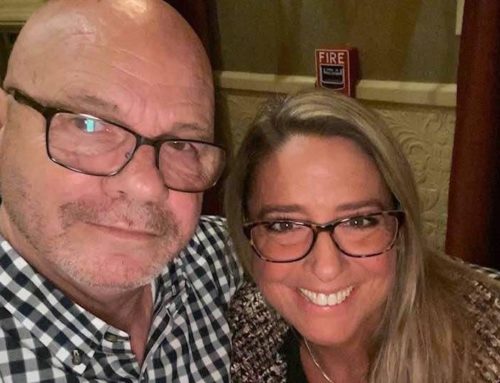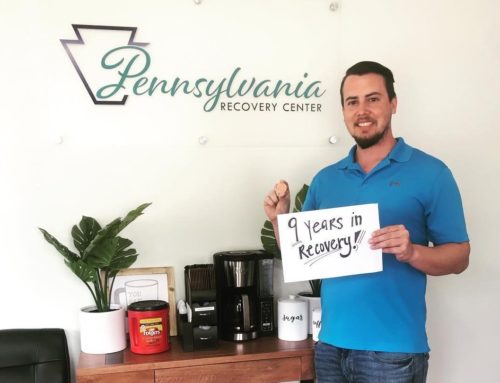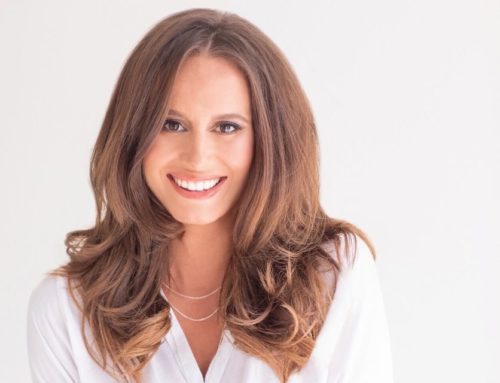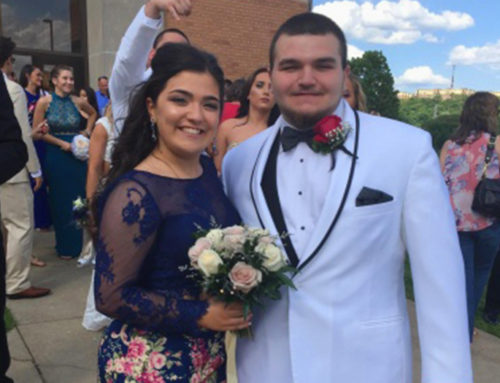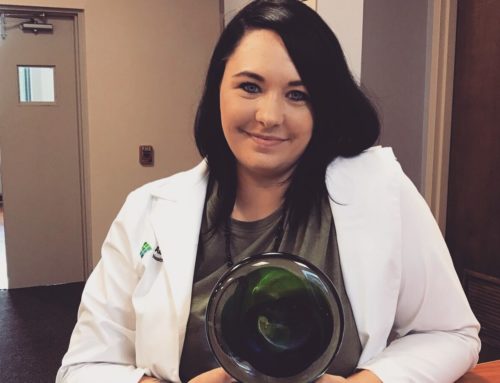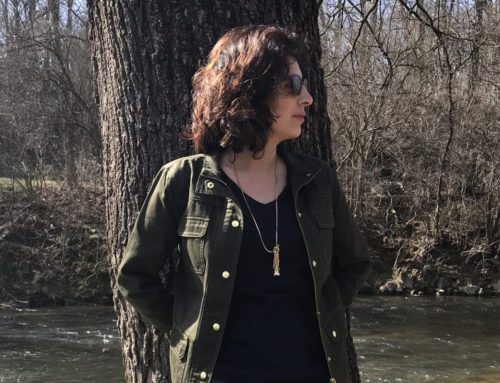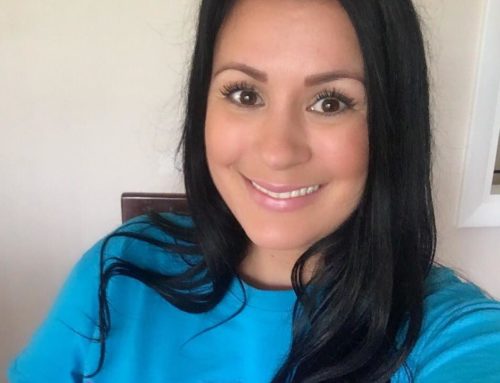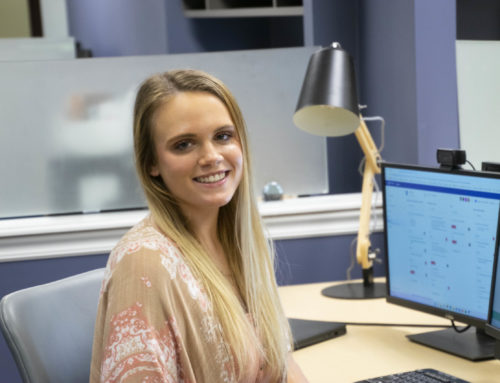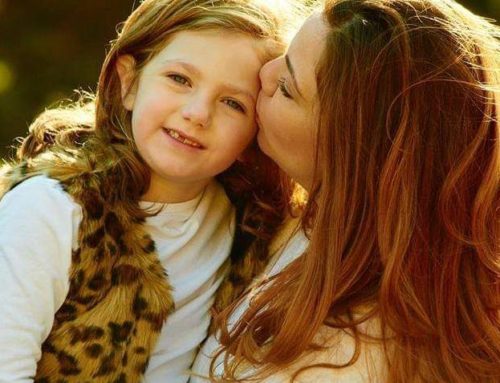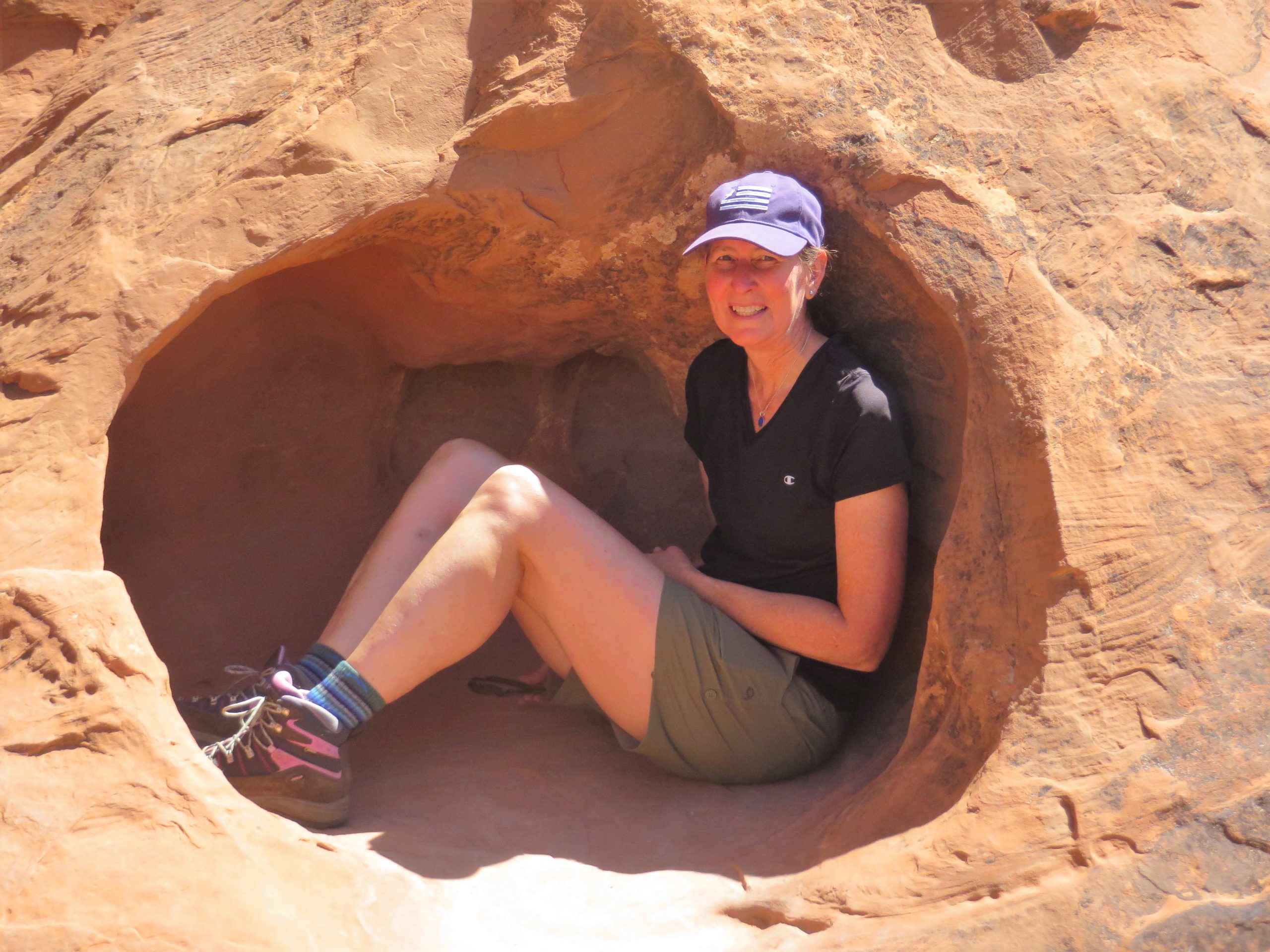
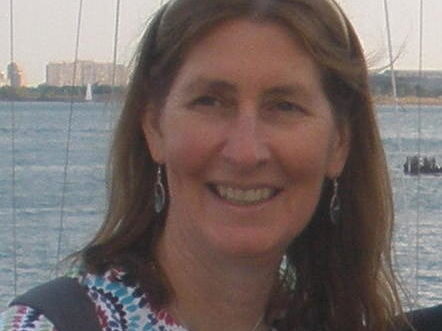
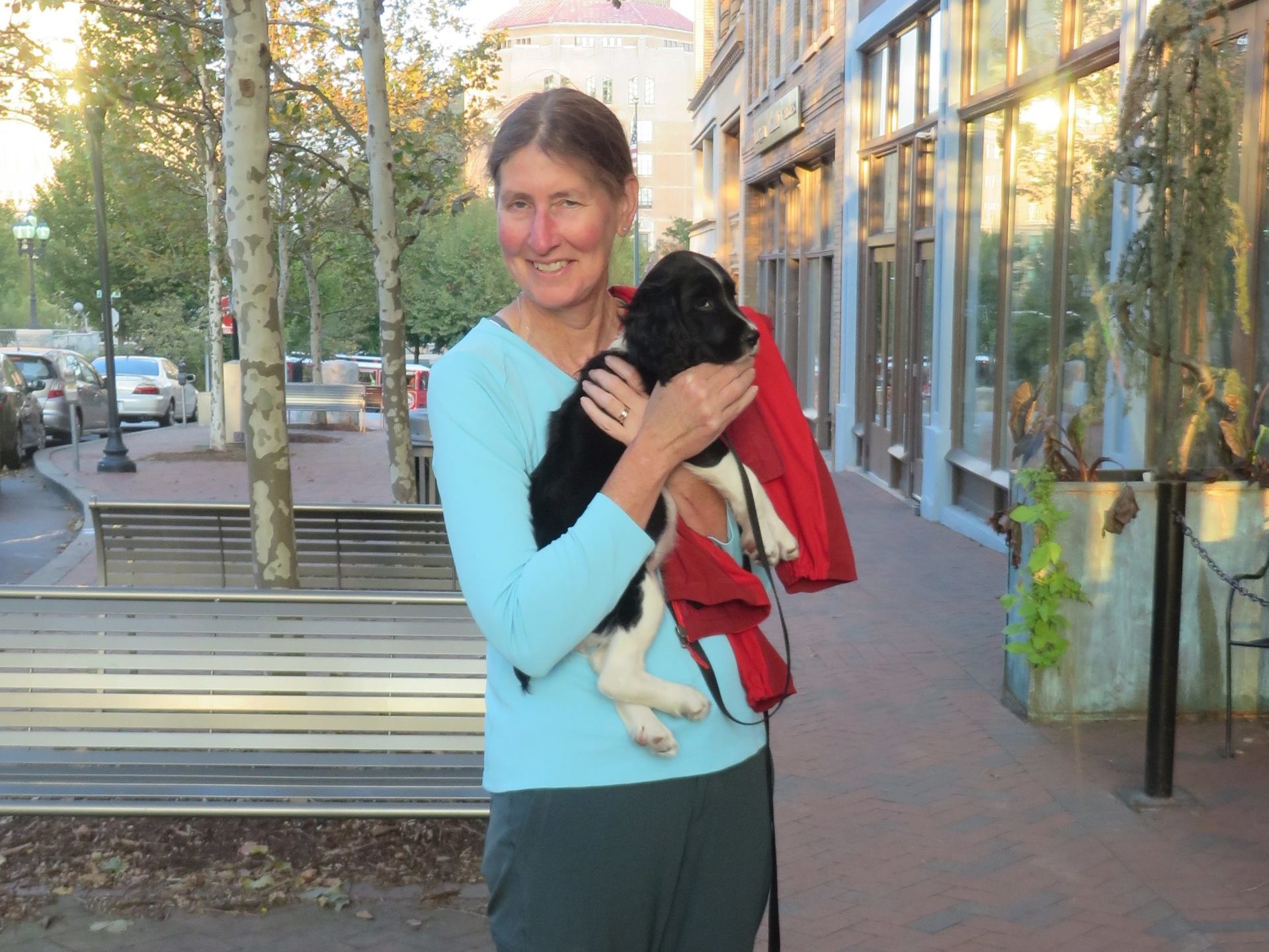
"Just being in a community of parents who were going through the same thing was comforting, I realized I was not alone."
I grew up in Oreland, Pennsylvania and live there today. I earned a B.S. degree in Medical Technology and worked in that field for fifteen years before leaving to work in the drug metabolism department in a large pharmaceutical company. A few years ago my former boss started his own research company in Hatfield, and that’s where I am today working as a research chemist. I have a loving husband who works as a tech ed teacher in a high school just outside of Philadelphia. We had two kids, and they attended the same high school I did in Springfield Township. I was especially close to my younger son when he was little. He held my hand when we walked places and was not shy about sitting in my lap in public. We talked often and had great family vacations. He was really fun to be around and seemed to be happy, but something changed during his early high school years.
People ask me, why do I think my son turned to drugs? I can’t be sure of the reason, there are probably many. One event that I feel was traumatic from my son was being present during a school shooting. After this event he became angry and withdrawn and couldn’t understand why the shooter was getting any attention. My son muddled along for the next few years, was still doing well in school; he even became a black belt in Taekwondo.
When he was fifteen, when he came home drunk for the first time, it concerned me because we have family members who struggle with alcoholism. Later I caught him smoking marijuana, and my husband and I spoke with him about how alcoholism and addictions can run in families. I had experimented with alcohol and marijuana when I was younger and thought it was just a phase that all kids go through, a rite of passage.
As time went on, I’d find empty rum bottles hidden around the house. I told my son that this wasn’t normal, that drinking alone was a sign of trouble. However, on some level I was in denial about my son’s drinking and had a hard time figuring out how to approach the problem. Taking privileges away and grounding him seemed to have no effect on his behavior. I am very close with my family, but I felt that I couldn’t share with them the trouble I was having with my son. I was too ashamed and didn’t want to hurt my son’s reputation in their eyes. My solution to the problem was to internalize all my feelings, protect him from the consequences of his actions, and hope that he would eventually figure things out for himself.
My son graduated high school and went off to college in Massachusetts with a generous academic scholarship. During his time there he was caught smoking marijuana by campus police, and thankfully was not arrested, it was handled as an internal matter. In his sophomore year my son came home for the summer, his grades were slipping and he announced he wanted to change majors, from engineering to philosophy. My husband and I did not support this change and my son left school. Now living at home, he started working at a local restaurant and was hanging out with people he met there; he was out very late at night and sometimes he didn’t come home at all. During this time we noticed that money was missing in the house; we began to hide our money and car keys, slowly accepting this as normal behavior in our household. Somehow my son pulled his life together enough to get accepted to Temple University to pursue a degree again. It is my feeling that’s when he began using harder drugs.
I found out that my son was using heroin a few years ago when a hiking trip (something my son loves to do with his father) was cut short. My son was very lethargic and wouldn’t get up one morning when it was time to start hiking, so my husband starting packing up his gear, and in a travel mug he found empty packets and syringes.
We had to attend a family reunion the next day and my son withdrew from heroin while we were there (although at the time I didn’t know the symptoms of opioid withdrawal). During this time he got into a liquor cabinet and drank massive quantities of alcohol. Of course I covered up for my son, telling people he wasn’t feeling well; I was in shock from the realization that he was using heroin. I felt so helpless and alone.
After I pulled myself together I calmly asked my son if he was doing heroin, and he said yes. I then asked him if he needed help and he told me he wasn’t sure; I knew he did though. Next I asked him why he was using heroin. A tear rolled down his face, and he said he was lonely. That response broke my heart. I had thought we had a supportive family environment, yet he felt so alone. Still part of me was angry with him, how could he make such a poor choice, he had be warned about the dangers of drug use.
Two weeks passed, and I still didn’t know what to do. I made him go to an AA meeting and began to go through his backpack each time he came home; I felt like it was my job stop him from using, anyway I could. Even with all my efforts, one morning I found him passed out on the couch. He was cold and clammy and was making loud snoring and gurgling noises. Next to him was an empty bottle of rum. I couldn’t rouse him and assumed he was passed out from the alcohol. Unbelievably, I was still in such denial about his drug use, it didn’t occur to me that he could have been overdosing on heroin, which he was. I had not yet learned what an overdose looked like. I am grateful that he did not die that day.
Then one day, I was crying in my car on the way to work and heard a radio ad for Caron Treatment Centers; I decided to call the phone number. The woman over the phone was really nice and told me they offered a nine day evaluation program; it was very expensive though. She then suggested I attend a parent support group that was meeting in the area. I was hesitant at first, but I was desperate for direction and decided I had nothing to lose. I didn’t know how much longer I could hold on without help. The meeting was incredibly eye opening, and I received a lot of vital information that I wish I had gotten earlier. I learned about the detox process, what qualities make for a good rehab, and that there were counselors that focus on people struggling with addiction. Just being in a community of parents who were going through the same thing was comforting, I realized I was not alone.
With the help of my family (who were incredibly supportive) an intervention was organized, and my son agreed to go to a rehab in Florida that other parents had recommended. The program was sixty days instead of the typical thirty days. My son keep calling and insisting that he was fine and just wanted to come home and finish school at Temple. With the help of the parents support group we were able, for the first time, to set and hold a boundary with my son; he could not come home because this would not support his sobriety.
After sixty days there, he enrolled into a recovery house; but soon relapsed. I had learned relapse is very common in people that have an opioid addiction. My son agreed to go back into treatment. After spending another sixty days in treatment, he decided to run away with two other kids at the rehab. After five terrifying days and a lot of detective work my son was found not far from Temple’s campus. During these five days he used heroin again. At the police station he accepted an offer to go back to rehab in Florida where he did another thirty days of treatment, followed by five months in a recovery house.
The plan was for him to move to a recovery house in Portland, Maine, which is known to have a strong recovery community, and return to college. The time came for him to make the move to Maine, and for three months I thought he was in Portland. He eventually revealed, to my surprise, that he was in Asheville, North Carolina living with someone he had met in Florida. Once again, my son demonstrated to me that I am not in control of his life, as much as I wanted to be. He is still living in Asheville today, living his own version of recovery, making his own choices and living with the benefits and consequences of those choices. I tell him I love him each time we speak, I am learning to separate my son from his addiction. This is a process and takes a lot of practice on my part and emotional support from family and friends.
Today, I attend parent support groups and Al-Anon meetings and have learned that addiction is a family disease. A big step in my acceptance of the circumstances surrounding my son’s addiction was realizing that I needed to get help for myself so that I am better equipped to provide appropriate and meaningful support for him. I am learning what actions are helpful to my son and what enables his addiction.
I feel that a common thread throughout most addiction stories is that over time a parent’s love is transformed into anger, resentment, disappointment, and fear. By attending the meetings, I have begun to identify and adopt the tools I need to help me replace those negative emotions with feelings of compassion and hope. The willingness to change my own behaviors will make it possible to reclaim the love I have for my son and to get peace, joy and happiness back into my life whether he chooses to use drugs or not.
This is why I am sharing my story, because there’s a lot of stigma attached to addiction and this only fuels the addiction cycle. Shame and fear of judgement keeps parents from reaching out for help and information. I want parents to be informed because addiction can happen in any family, and they should know where to turn if it happens. They should know that there are parent support groups out there that can provide a lot of useful information to help families respond to a loved one’s substance use in a meaningful way. The website www.conversation.zone lists support groups for parents as well as other resources. There is a whole community of parents that have been learning about how to cope with addiction for a long time, and others can benefit from the hard fought knowledge that has been accrued. Have the courage to reach out for help, I wish I had done it sooner.
